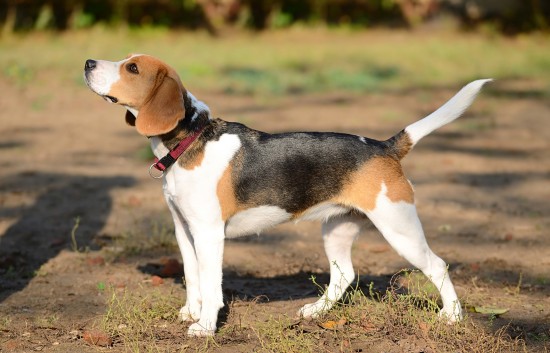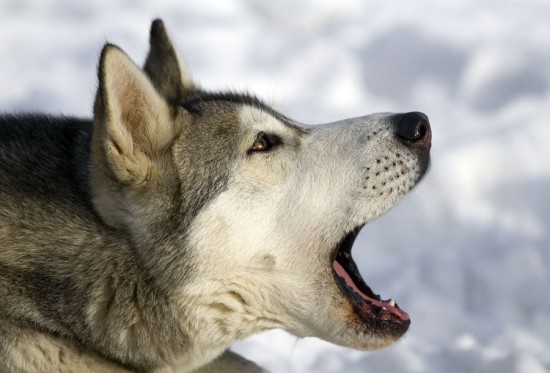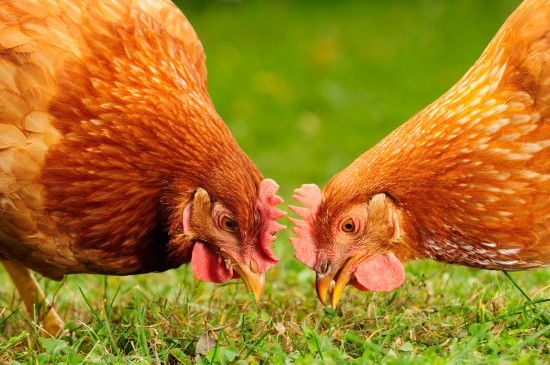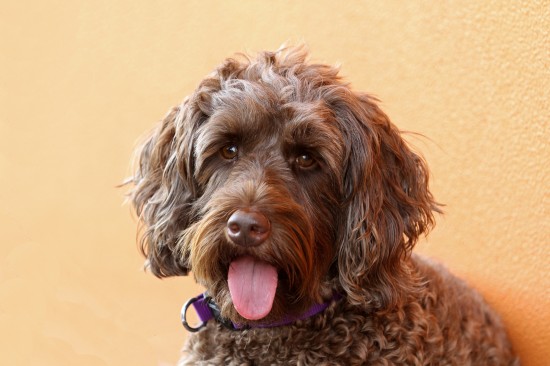
Canine inflammatory bowel disease, or canine IBD, is not a specific disease. The condition occurs when inflammatory cells penetrate the stomach or intestinal wall. IBD normally affects dogs that are middle-aged or old.
Causes
Unfortunately, there is no specific cause known for canine inflammatory bowel disease. However, certain factors can lead to an increased risk for developing the condition. These factors include genetics, diet, and immune system deficiencies. Your dog may also be allergic to a specific food protein and develop a case of canine inflammatory bowel disease.
Symptoms
Canine inflammatory bowel disease can affect certain parts of your dog's gastrointestinal system. If the condition affects his stomach or upper part of the small intestine, your dog's most noticeable symptom will be vomiting. Canine inflammatory bowel disease that affects the intestines will cause chronic diarrhea. Sometimes, mucus or blood will appear in your dog's stool.
Both the stomach and intestines can be affected in some cases of canine IBD. This will cause both vomiting and diarrhea. If the condition becomes too severe, your dog may lose weight, lose his appetite, and develop a fever.
Diagnosis
If your dog has chronic bouts with vomiting and diarrhea, your veterinarian may suspect canine inflammatory bowel disease. First, he would have to rule out other causes of the diarrhea and vomiting. A biopsy is the best way to confirm a case of canine IBD.
Treatment
Canine inflammatory bowel disease is usually most effectively treated with corticosteroids. Corticosteroids are medications that help get rid of the inflammatory cells in the gastrointestinal system. You will also likely need to change your dog's food to a hypoallergenic diet. If canine inflammatory bowel disease is mainly affecting the colon, then your dog would likely benefit from foods that are high in fiber.
 What To Expect From The Beagle’s Behaviour And Temperament
What To Expect Fr
What To Expect From The Beagle’s Behaviour And Temperament
What To Expect Fr
 Why Do Dogs Bark?
Why Do Dogs Bark?
Why Do Dogs Bark?
Why Do Dogs Bark?
 Human Food Thats Safe To Feed To Chickens
Human Food Thats
Human Food Thats Safe To Feed To Chickens
Human Food Thats
 Choosing The Right Mixed Breed Or Hybrid Dog For You
Choosing The Righ
Choosing The Right Mixed Breed Or Hybrid Dog For You
Choosing The Righ
 The Importance Of Taurine In A Cats Diet
The Importance Of
The Importance Of Taurine In A Cats Diet
The Importance Of
Copyright © 2005-2016 Pet Information All Rights Reserved
Contact us: www162date@outlook.com